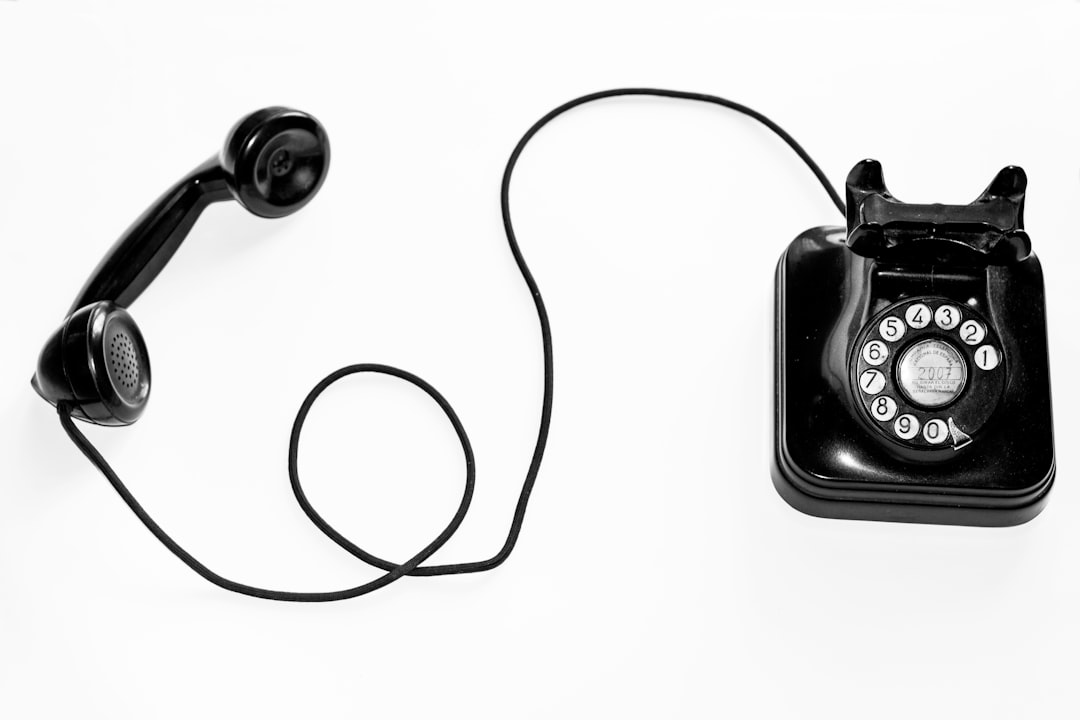In Nebraska, autodialer attorneys Nebraska play a vital role in integrating automated communication tools into schools' strategies. They help maximize benefits like improved parent engagement, attendance, and administration by ensuring compliance with privacy regulations like the TCPA. These experts guide drafting consent forms, call protocols, and opt-out mechanisms to avoid fines and protect schools' reputations. Targeted student communication strategies, based on segmentation, enhance engagement through personalized messages. The successful implementation of autodialer systems requires careful software/equipment selection, staff training, and regular data backups. Measuring success involves setting clear goals, adhering to ethical considerations, and prioritizing privacy protection while reaping the benefits of enhanced communication.
“In today’s digital age, schools in Nebraska are exploring innovative ways to enhance student engagement and communication. This article delves into the comprehensive guide on creating an effective autodialer strategy for educational institutions. We explore the benefits of autodialer systems in education, providing a clear understanding of their power. With a focus on legal considerations, we navigate the implementation process, ensuring compliance with Nebraska laws.
Furthermore, it offers insights into crafting tailored communication strategies, selecting suitable software, and ethical practices to measure success. Discover how autodialers can revolutionize student outreach with expert guidance from autodialer attorneys in Nebraska.”
Understanding the Power of Autodialer Systems in Education

In today’s digital age, educational institutions in Nebraska are recognizing the immense potential of autodialer systems to transform their communication strategies. These innovative technologies offer a robust solution for schools aiming to enhance parent engagement, improve attendance, and streamline administrative tasks. By implementing an autodialer, schools can efficiently reach out to parents and guardians via phone calls, providing real-time updates on academic achievements, upcoming events, and important school announcements.
Autodialer attorneys in Nebraska play a crucial role in guiding educational institutions through the process of selecting and integrating these systems. With their expertise, schools can ensure that the autodialer technology aligns with their specific needs and complies with privacy regulations. This strategic approach enables educators to leverage the power of automated communication, fostering stronger connections with families and creating a more inclusive learning environment.
Legal Considerations for Implementing Autodialers in Nebraska Schools

When implementing an autodialer system in Nebraska schools, it’s crucial to understand and adhere to state laws regarding automated communication. The Telephone Consumer Protection Act (TCPA) and similar Nebraska regulations set strict guidelines for using autodialers, particularly when contacting students and parents. Schools must obtain prior express consent from recipients before making automated calls, ensuring they have a valid educational purpose, and providing a way to opt-out of future communications.
Engaging the services of experienced autodialer attorneys in Nebraska is essential to ensure compliance with these legal requirements. These experts can help schools draft consent forms, establish protocols for call delivery, and implement opt-out mechanisms. By prioritizing legal considerations upfront, schools can avoid costly fines, protect their reputation, and maintain strong relationships with students and parents.
Crafting a Targeted Student Communication Strategy

Crafting an effective targeted student communication strategy is a vital step in implementing an autodialer system for schools in Nebraska. The goal is to ensure that every student receives personalized and relevant information, fostering better engagement and outcomes. This involves segmenting the student population based on various factors such as grade level, academic performance, extracurricular interests, or specific needs. With the help of autodialer attorneys Nebraska, schools can automate the process of delivering tailored messages through phone calls, text messages, or emails.
For instance, a high school could use an autodialer to send personalized reminders about upcoming exams to each student, along with study resources relevant to their subjects. Similarly, elementary schools might utilize this technology to communicate important dates and activities to parents, ensuring they stay informed without the need for constant manual updates. By targeting communications, schools can optimize their outreach, making it more likely that students and their families will respond positively, ultimately enhancing educational opportunities.
Integrating Autodialers: Choosing the Right Software and Equipment

When creating a comprehensive autodialer strategy for schools in Nebraska, selecting the right software and equipment is paramount to ensure effective communication with parents and guardians. Integrating an autodialer involves more than just picking a tool; it requires understanding the unique needs of your school community and aligning technology with those goals. Look for autodialer software designed for educational institutions, which often includes features tailored to automate enrollment, attendance, and parental engagement processes. These platforms should offer seamless integration with existing student information systems (SIS) and allow for customized messaging based on specific scenarios, such as reminders, alerts, or notifications.
Equipment-wise, a robust autodialer system demands a reliable phone infrastructure. This includes a high-speed internet connection, VoIP (Voice over Internet Protocol) phones, and possibly an on-premises PBX (Private Branch Exchange) system to manage incoming and outgoing calls efficiently. For schools in rural areas of Nebraska, ensuring adequate network coverage and minimizing call drop issues should be a key consideration when choosing hardware. Additionally, training staff to effectively utilize the autodialer software and maintaining regular backups of contact data are essential practices for optimal utilization and data security.
Measuring Success and Ensuring Ethical Practices

Measuring success is a critical component of any autodialer strategy, especially in the educational sector. Schools in Nebraska implementing this technology should set clear and measurable goals to evaluate its effectiveness. Key performance indicators (KPIs) may include call completion rates, student engagement metrics, and improved communication with parents. For instance, tracking the number of successful connections between school counselors and students through autodialers can demonstrate increased accessibility and support.
Ethical considerations are paramount when employing autodialing services. Schools must ensure that any chosen autodialer attorneys in Nebraska adhere to strict privacy guidelines, such as obtaining parental consent for automated communication with minors. Transparent data handling practices and clear opt-out mechanisms for parents are essential to building trust and maintaining compliance with state regulations. Regular audits of the autodialer’s performance and adherence to ethical standards will safeguard the interests of both students and their families.






